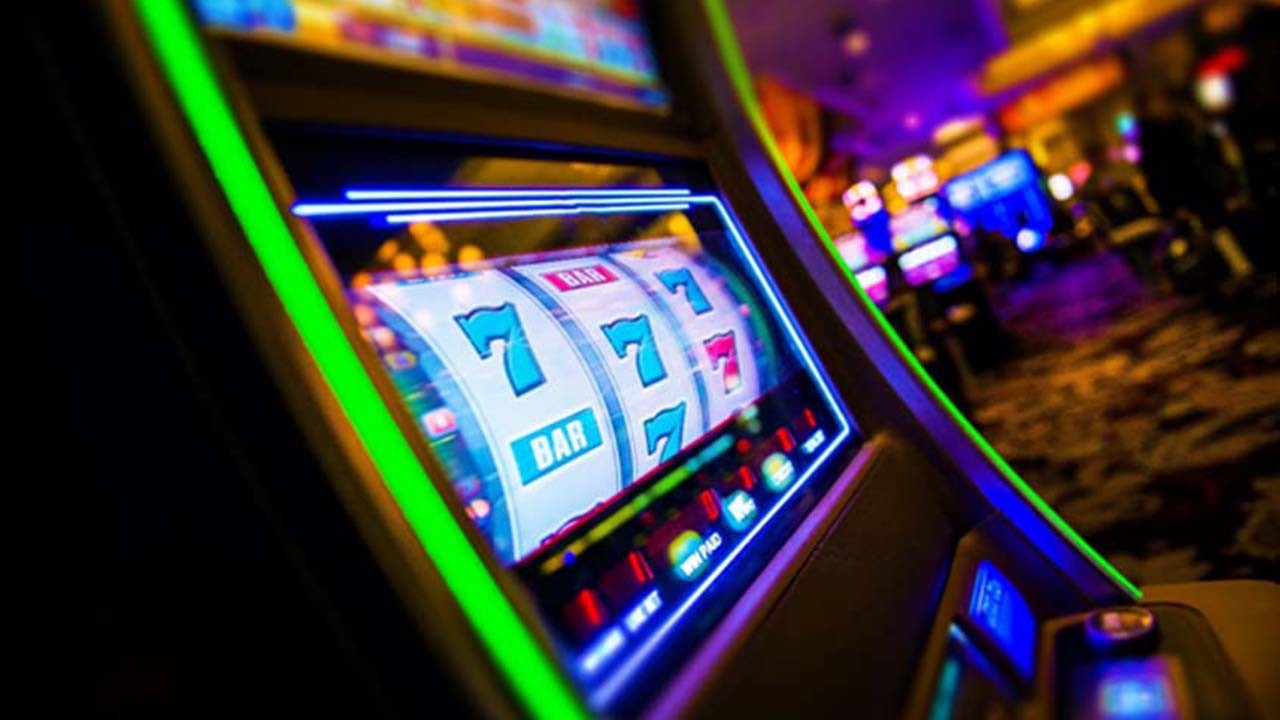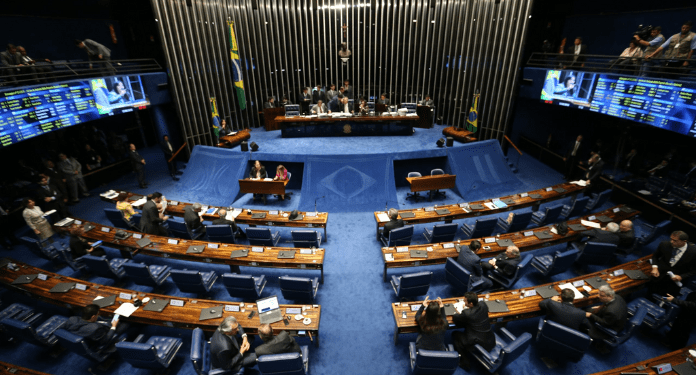This Tuesday, August 15, the Senate is analyzing in a plenary session the Bill (PL) 2.796/2021, which establishes the legal framework for the electronic games industry and for fantasy games.
This project incorporates electronic games within the same taxation guidelines applied to computer equipment, with the prospect of a potential reduction in fees levied on these games.
The document clearly excludes slot machines and the like from the definition of “electronic game”.
As for fantasy games, also known as eSports, they are characterized as those played in a virtual environment, using the performance of athletes in real sporting events.
Having already been approved by the Chamber of Deputies, the project received a favorable opinion in the Economic Affairs Commission (CAE) by Senator Irajá (PSD-TO).
The legal framework of the electronic games industry and fantasy games
The project presents a comprehensive definition for electronic games, which are characterized as software that incorporate graphic and audiovisual elements for the purpose of entertainment.
Additionally, the project includes devices and accessories used to run these games, popularly referred to as consoles, as well as mobile applications and online platforms.
Slot machines are not included in the design text
The electronic gaming industry’s legal framework stipulates that slot machines and the like are not considered in the definition of “electronic gaming”.
Fantasy games, also recognized as eSports, are specifically described as those that take place in a virtual environment, based on the performance of athletes in real sporting events.

In addition, the legal framework guarantees freedom in the manufacture, import, marketing and development of electronic games, as well as entertainment services associated with fantasy games.
Responsibility for providing age ratings for games rests with the State.
However, authorization is not required for the development and exploitation of these games.
The text also provides for the possibility of promoting competitions involving users of electronic and fantasy games, including the distribution of prizes.




















































